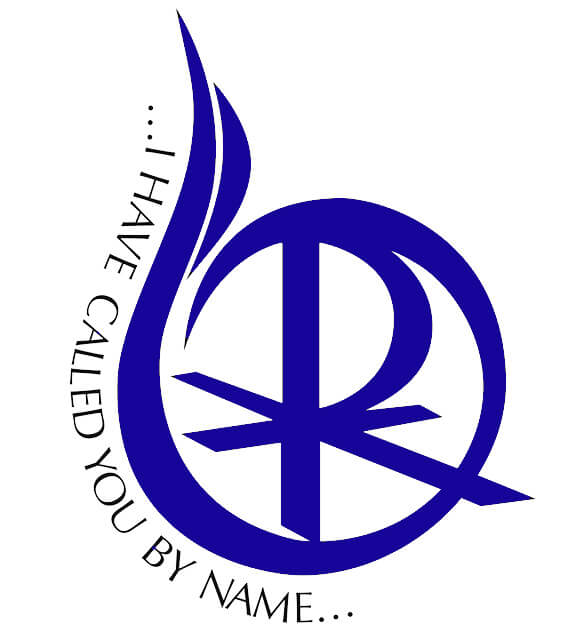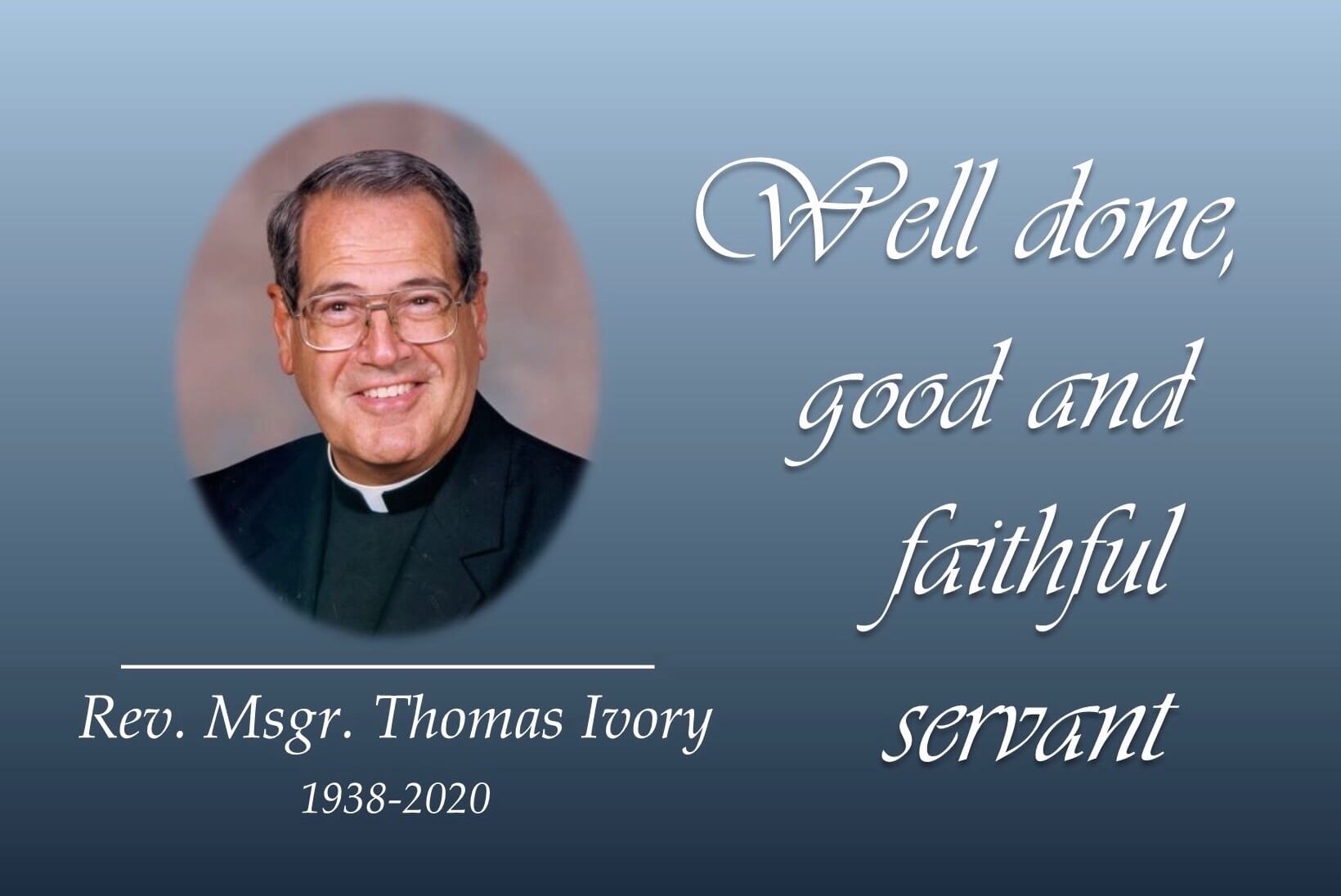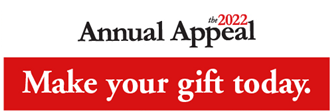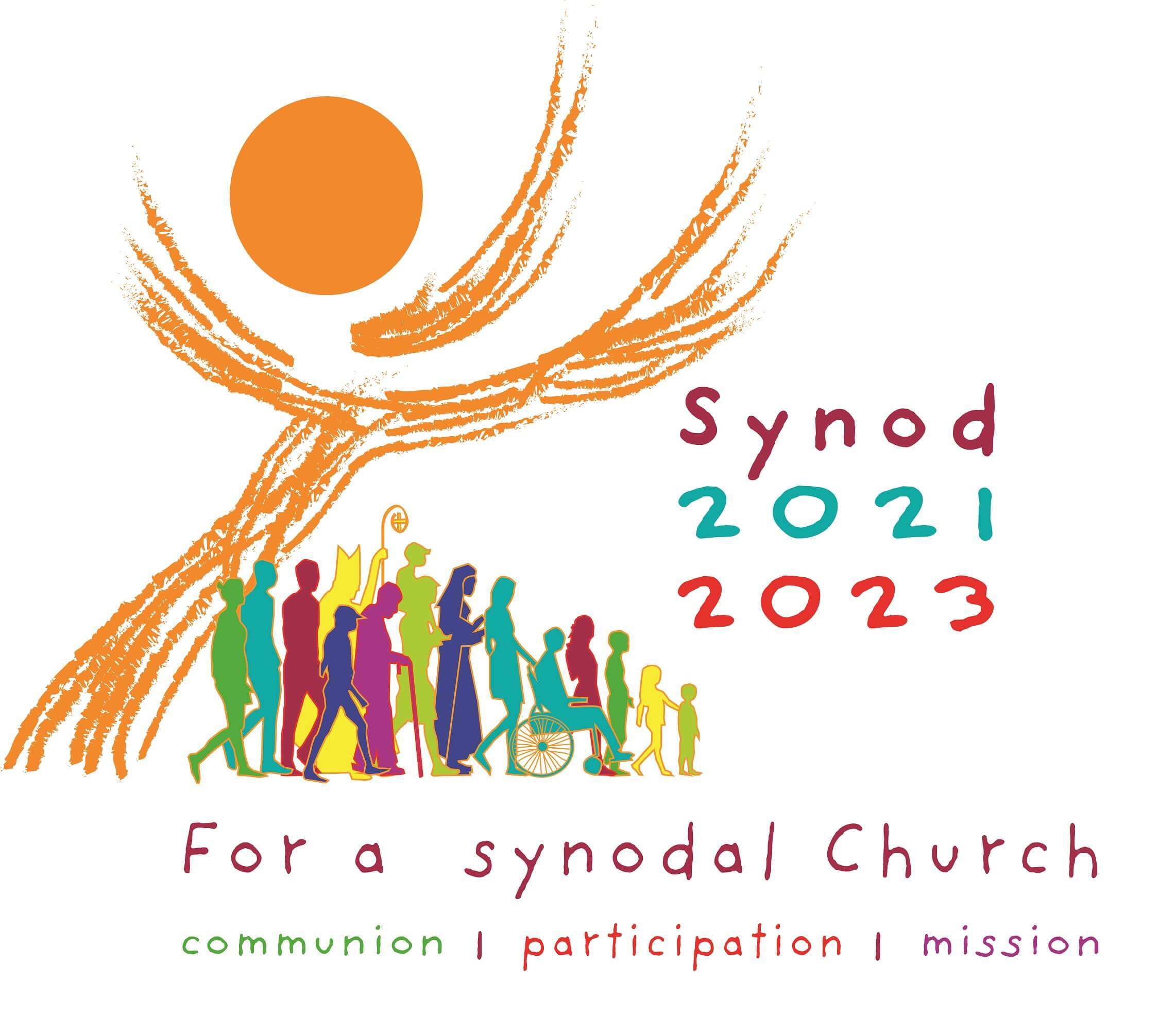Shortcode
End shortcode

Women’s Cornerstone
Daily Rosary | Divine Mercy Chaplet | Eucharistic Adoration | Stations of the Cross

Men’s Cornerstone

Parish Picnic

Bereavement Ministry

Parish Picnic

Parish Picnic

Red Sample

Parish Picnic
Ed. Ginter
Spring Concert | Christmas Concert | Presentation MTV |
Piano Men

Parish Picnic
Funeral Mass | John Tais | A Celebration of Life in Christ | November 30, 2020
A Celebration of Life in Christ
John Tais
November 30, 2020 | 10 A.M.
Church of the Presentation
Funeral Mass | Miles Romain | A Celebration of Life in Christ | November 13, 2020
A Celebration of Life in Christ
Miles Romain
November 13, 2020
Church of the Presentation
Statement of the Catholic Bishops of New Jersey on the State’s Reproductive Freedom Act
Oct. 5, 2020
The Catholic Church believes and teaches that all human life is sacred from conception to natural death. For that reason, we, the Bishops of each of the dioceses in New Jersey, join in voicing the strongest possible opposition to the “Reproductive Freedom Act.”
Without minimizing other serious threats to human life and dignity evident in contemporary American society, the Catholic Church consistently maintains that “the threat of abortion remains our preeminent priority because it directly attacks life itself, because it takes place within the sanctuary of the family, and because of the number of lives destroyed.” (USCCB, Forming Consciences for Faithful Citizenship, “Introductory Letter,” 2020).
When informed of the text of the USCCB document early in 2020, Pope Francis observed that the right to life of the unborn “is the most fundamental right. This is not first a religious issue; it is a human rights issue.” (Pope Francis to American Catholic Bishops, USCCB Region IX, January 16, 2020).”
As the Catholic Bishops of New Jersey, we urge all Catholics and people of good will to reject this proposed legislative initiative in our state and to contact your State legislators to vigorously express opposition to its passage.
Cardinal Joseph W. Tobin, C.Ss.R. Archbishop, Archdiocese of Newark
Most Reverend David M. O’Connell, C.M. Bishop, Diocese of Trenton
Most Reverend Dennis J. Sullivan Bishop, Diocese of Camden
Most Reverend Kevin J. Sweeney Bishop, Diocese of Paterson
Most Reverend James F. Checchio Bishop, Diocese of Metuchen
Most Reverend Kurt Burnette Bishop, Eparchy of Passaic
Most Reverend Yousif Habash, Bishop of Our Lady of Deliverance of Syriac Catholic Diocese
Funeral Mass | Rev. Msgr. Thomas Ivory | A Celebration of Life in Christ
A Celebration of Life in Christ
September 24, 2020
10:30 AM
Church of the Presentation
Funeral Mass | Martin McGonigle | A Celebration of Life in Christ
A Celebration of Life in Christ
Martin McGonigle
September 24, 2020
Church of the Presentation
Video Sample 1
Week Two | The Ninth Day


(Excerpts from Fr. Ed Ciuba’s
“Creation at the Crossroads”)
_______

Around the country, groups in many poor communities are coming together to fight pollution in their neighborhoods. Research whether there are such groups in your area, and arrange a meeting with them. Identify ways that your parish can work to support their efforts.

~ The Lord Is My Shepherd ~
Sung by The Smiths
Week Two | The Eighth Day

for the Lord has a dispute
with the inhabitants of the land:
There is no truth or mercy,
and no knowledge of God in the land.
Swearing, lying, and killing,
and stealing and adultery
break out,
and bloodshed follows bloodshed.
Therefore the land dries up,
and everyone who lives in it withers
with the beasts of the field
and the birds of the sky;
even the fish of the sea disappear.
Show us how we can be effective caretakers of this good earth.

“Creation at the Crossroads”)
_______

The carbon footprint is a very powerful tool to understand the impact of personal behavior on global warming. Calculate your or your family’s carbon footprint, which is the amount of carbon dioxide your activities create: https://www3.epa.gov/carbon-footprint-calculator/. Jot down what steps you and your family can take to reduce your carbon footprint.

~ All You Works of God ~
Music by Marty Haugen
Sung by Pat Magliano
Week One | The Seventh Day

Canticle of Daniel
Bless the Lord, all you works of the Lord.
Praise and exalt him above all forever.
Angels of the Lord, bless the Lord.
You heavens, bless the Lord.
All you waters above the heavens, bless the Lord.
All you hosts of the Lord, bless the Lord.
Sun and moon, bless the Lord.
Stars of heaven, bless the Lord.
Every shower and dew, bless the Lord.
All you winds, bless the Lord.
Fire and heat, bless the Lord.
Cold and chill, bless the Lord.
Dew and rain, bless the Lord.
Frost and chill, bless the Lord.
Ice and snow, bless the Lord.
Nights and days, bless the Lord.
Light and darkness, bless the Lord.
Lightnings and clouds, bless the Lord.
Let the earth bless the Lord.
Praise and exalt him above all forever.
Mountains and hills, bless the Lord.
Everything growing from the earth, bless the Lord.
Seas and rivers, bless the Lord.
You dolphins and all water creatures, bless the Lord.
All you birds of the air, bless the Lord.
All you beasts, wild and tame, bless the Lord.
You sons of men, bless the Lord.
Praise and exalt him above all forever.
Priests of the Lord, bless the Lord.
Servants of the Lord, bless the Lord.
Spirits and souls of the just, bless the Lord.
Holy men of humble heart, bless the Lord.
Hananiah, Azariah, Mishael, bless the Lord.
Praise and exalt him above all forever.
Let us praise and exalt him above all forever.
Blessed are you, Lord, in the firmament of heaven.
Praiseworthy and glorious and exalted above all forever.

(Excerpts from Fr. Ed Ciuba’s
“Creation at the Crossroads”)
_______
Global climate change is a very good example of how all created reality on the earth is inter-connected. The earth is a complex of living systems, or a system of systems. Global climate change threatens the interdependence of all systems of life. Overwhelming scientific evidence drives home one central point: the fate of the earth and the fate of humans are one. What makes this an issue of major concern is that climate change poses the greatest threat to life on the earth that we have ever faced. Unless we confront this issue and deal with it soon, it will impact not only us but future generations as well.
In the scriptural passage taken from the prophecy of Hosea, the scene is a legal proceeding taking place at the city gate. The people of Israel are summoned before the judge and indicted with a listing of violations of the covenant. The verdict is “guilty” as charged. When the covenant is broken, the object of the covenant, the land, is no longer secure and fertile. The land returns to being a desert, its past unredeemed condition. the indictment of the people Israel impacts even the earth and its creature: “the beasts of the field, the birds of the, and even the fish of the sea perish.”
These words are not unlike those of Pope Francis: “Carbon dioxide pollution increases the acidification of the oceans and compromises the marine food chain. If present trends continue, this century may well witness extraordinary climate change and an unprecedented destruction of ecosystems, with serious consequences for all of us” (Laudato Si’, 24).
“The human environment and the natural environment deteriorate together; we cannot adequately combat environmental degradation unless we attend to causes related to human and social degradation. In fact, the deterioration of the environment and of society affects the most vulnerable people on the planet: … For example, the depletion of fishing reserves especially hurts small fishing communities without the means to replace those resources; water pollution particularly affects the poor who cannot buy bottled water; and rises in the sea level mainly affect impoverished coastal populations who have nowhere else to go. The impact of present imbalances is also seen in the premature death of many of the poor, in conflicts sparked by the shortage of resources, and in any number of other problems which are insufficiently represented on global agendas” (Laudato Si’, 48).

Putting Faith Into Practice

~ Amazing Grace ~
A Christian Hymn (New Britain)
Text by John Newton
Sung by Joseph McDonald
Week One | Sixth Day

and pass it on to future generations.
Amen.

“Creation at the Crossroads”)
_______
Water is the natural resource most frequently referred to in the Bible – more than 500 times. The semi-arid environment of the biblical world is a partial explanation for this frequency. However, the connection between water and life is a theme that threads its way through both the Old and New Testaments and in religious literature all over the world… Isaiah 35:1-8, speaks of the regenerating and life-giving aspects of water in the desert. The streams bursting forth in the desert and the burning sands transformed into pools of water are symbols of new beginnings. Such signs will accompany those on the “highway called the holy way”. The abundance of flowers, the new strength received by the weak and feeble, the healing of the blind and the deaf, the thirsty ground springing into new watery life are all indicators of a new age. To those who are forlorn, discouraged, and looking forward to a “new creation,” these signs foreshadow the presence once again of the Creator God, the source of life.


How do water shortages affect the poor and vulnerable?
Begin a campaign in your parish or communities to support such organizations to provide access to clean water and sanitation for our brothers and sisters who have no access to them.

~ A Gaelic Blessings ~
Music by John Rutter
Sung by Libera

Online Mass /
Mass Schedule
Sunday Mass
Saturday 5pm (also live-streamed)
Sunday 7:30am, 8:30am, 10:00am, 11:30am & 6:30pm
Daily Mass (click here to view)
Mon. – Sat. 9:00am (also live-streamed)
Parish News & Events
Please read about all of our upcoming events in the weekly bulletin.


















